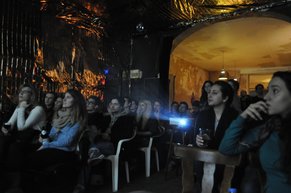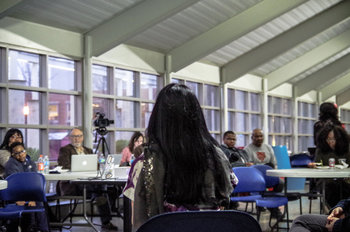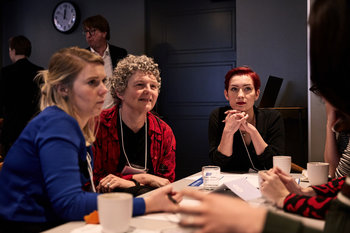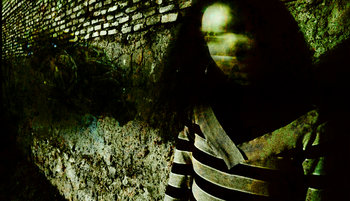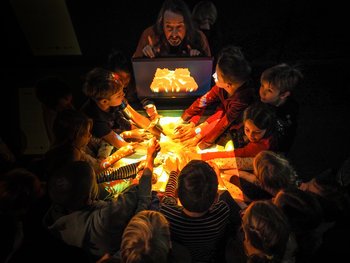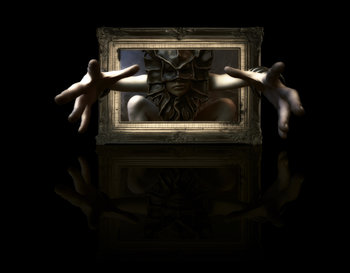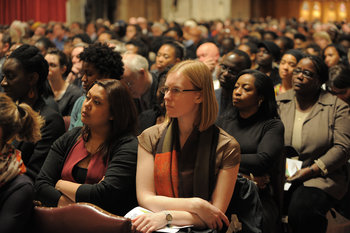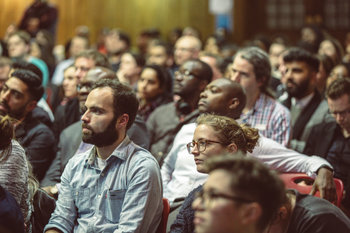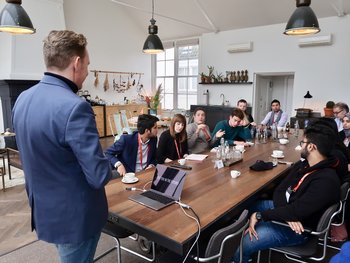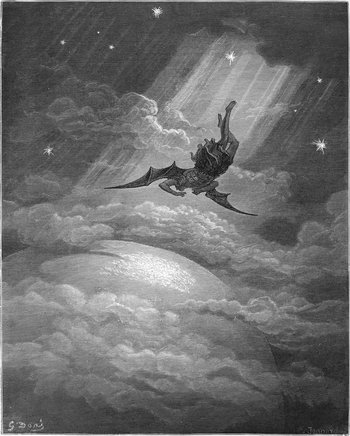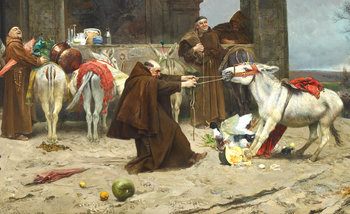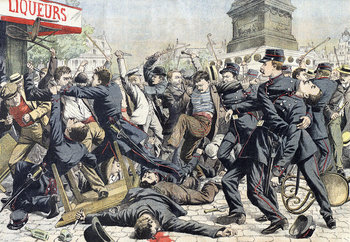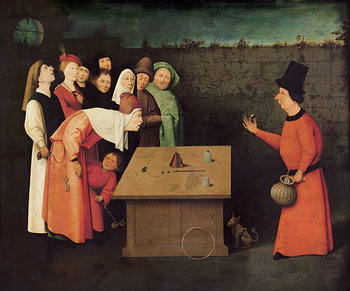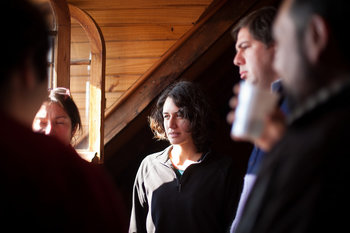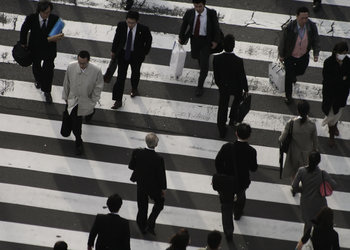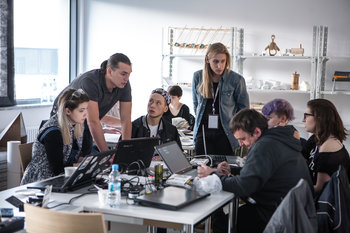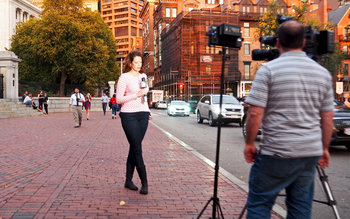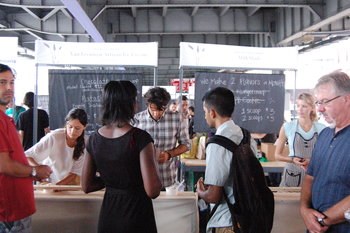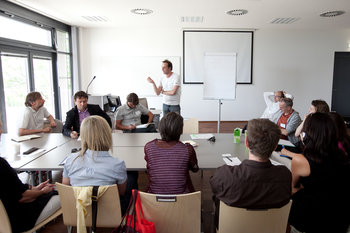Broadcast Media
Historically, a small number of media organizations controlled broadcast media such that any bias or laziness exhibited by these organizations reverberated throughout an entire culture. For example, television networks that race to villainize someone accused of wrongdoing without any consideration of the evidence that they could be innocent. The historical dominance of broadcast media created cultural homogenization whereby entire nations got their information and media experiences from the same sources.Internet Media
Internet media democratized content creation such that suddenly there were millions of content creators. At first, this appeared to reduce echo chambers as different opinions flourished. However, with time people used digital tools to find content that aligns to their worldview, interests, culture and memberships in subcultures.Filter Bubbles
Filter bubbles are digital tools that allow users to filter out content that they don't find interesting. This is also commonly automated in tools such as search and social media such that users are presented only with information that aligns to their worldview and interests. Filter bubbles can be viewed as digital echo chambers crafted for each individual.Modern Tribalism
Filter bubbles and the increase in media choices driven by the internet appear to have created societies where shared experience occurs in smaller and smaller groups as opposed to broadcast media that created shared experience at the level of nations. In nations without a strong unifying traditional culture, this has created significant divides in opinion, lifestyle and culture known as modern tribes.Confirmation Bias
Confirmation bias is the tendency for individuals to seek out information that confirms what they already believe. This can be contrasted with carefully examining widely accepted knowledge and reliable evidence. Filter bubbles and echo chambers can be viewed as tools of confirmation bias. For example, if you believe that the world is flat you can subscribe to countless media channels that will help you to confirm this mistaken belief.Groupthink
Groupthink is when a social group carefully conform to an ideology for fear of penalty driven by self appointed enforcers of the ideology that scan for wrong thinking or language. This can be viewed as a socially constructed echo chamber whereby people are rewarded for echoing the words that have been labeled as correct. This produces extreme levels of political polarization as individuals are prohibited from dialogue, debate and cooperation with other ideologies.Self-Censorship
In some countries, independent media may carefully echo the statements of the government without any honest critical analysis due to cozy relationships with politicians or self-censorship driven by fear of reprisal. For example, Japanese media outlets that are theoretically independent often release news stories that directly map to government or corporate statements without critical analysis. This can be contrasted with the United States where media are often aligned to an ideology but aggressively challenge the other side. Likewise, the rich culture of political satire in the United States is not available in many countries where media exercise strict self-censorship.Summary
An echo chamber is an information or social environment where an individual is only exposed to views that align to an ideology, narrative or orthodoxy.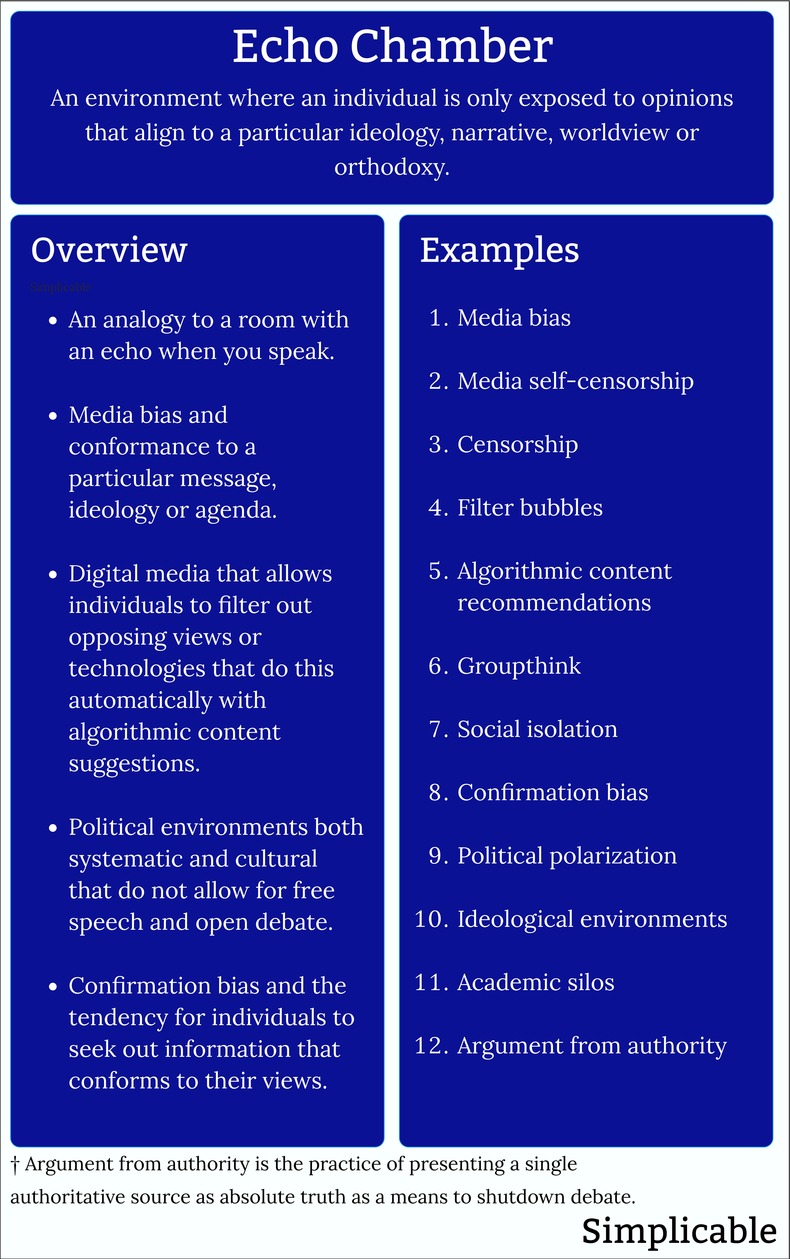
| Overview: Echo Chamber | ||
Type | ||
Definition | An environment where opinions and information are carefully aligned to an ideology, world view or power structure. | |
Related Concepts | ||



